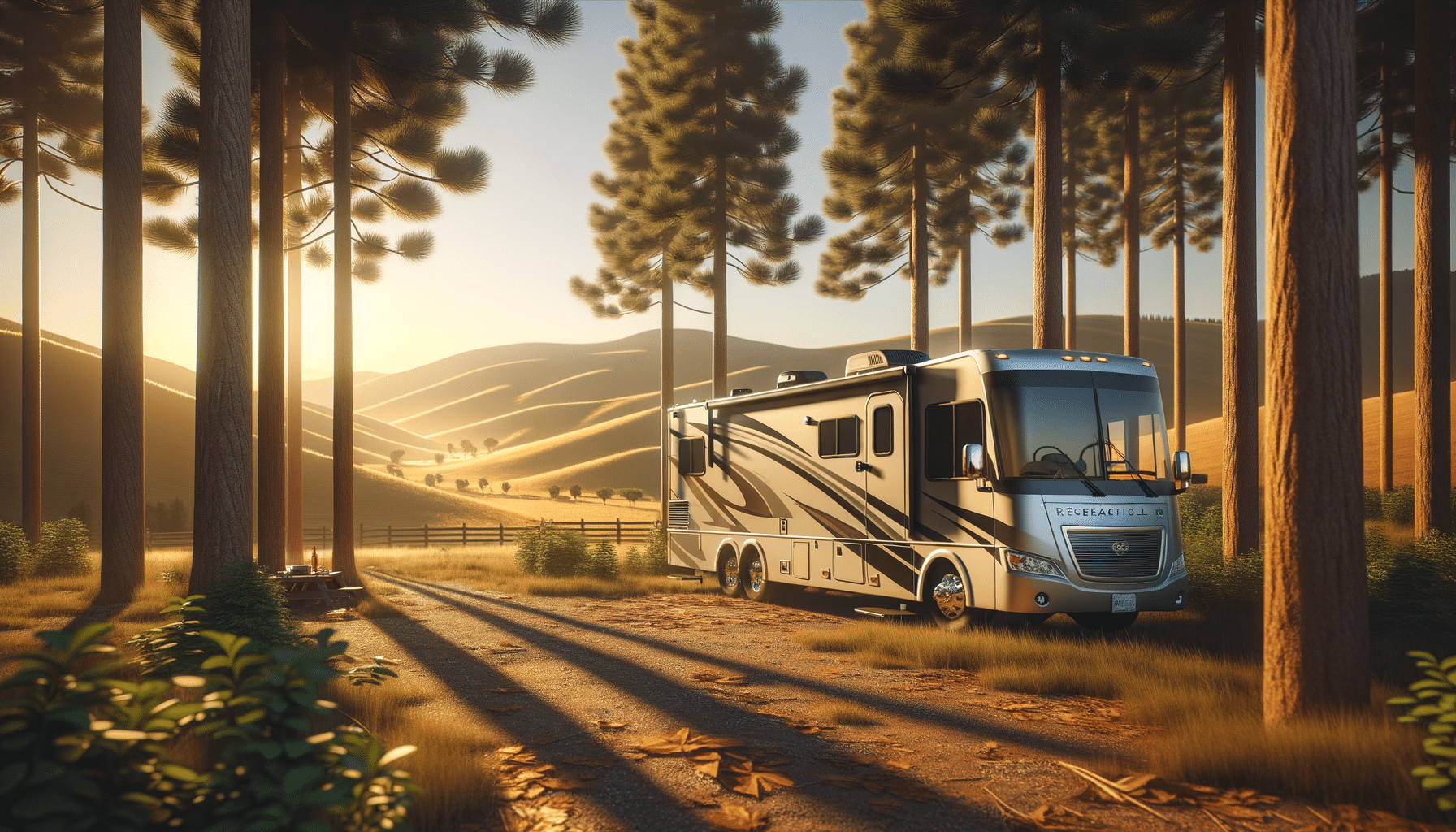
RV for Sale
Introduction to RVs: A World of Freedom on Wheels
Recreational vehicles, commonly known as RVs, offer a unique blend of comfort and adventure, allowing travelers the freedom to explore diverse landscapes at their own pace. With an RV, you can embark on a journey without the constraints of hotel bookings or fixed itineraries. The allure of having a home on wheels has captivated many, leading to a growing market where individuals can find an rv for sale that suits their needs and preferences.
The appeal of RV ownership lies in its ability to transform travel into a personalized experience. Whether you’re a retiree seeking to explore the country or a family looking for weekend getaways, an RV can cater to a wide range of lifestyles. This article delves into the various aspects of purchasing an RV, offering valuable insights for those considering this exciting venture.
Understanding the Types of RVs Available
Before diving into the world of RVs, it’s essential to understand the different types available on the market. Each category offers distinct features and advantages, making it crucial to align your choice with your travel needs and lifestyle.
- Motorhomes: These are self-propelled RVs, available in Class A, B, and C. Class A motorhomes are the largest, offering luxurious amenities, while Class B, often referred to as camper vans, are more compact and easier to maneuver. Class C motorhomes strike a balance between size and comfort, making them a popular choice for families.
- Travel Trailers: These towable RVs come in various sizes and can be hitched to a vehicle. They offer flexibility as you can detach them at a campsite and explore the surrounding areas with your vehicle.
- Fifth-Wheel Trailers: Known for their distinctive over-cab design, these trailers offer spacious interiors and are typically towed by a pickup truck.
- Pop-up Campers: Ideal for those new to RVing, these compact trailers can be expanded at the campsite, providing a cozy living space.
When searching for an rv for sale, consider factors such as the number of travelers, the duration and frequency of trips, and your budget to make an informed decision.
Key Considerations When Buying an RV
Purchasing an RV is a significant investment, and several factors should be taken into account to ensure you find the right fit. Here are some key considerations to keep in mind:
- Budget: Determine your budget, including not just the purchase price but also the cost of insurance, maintenance, and fuel.
- Size and Layout: Consider the size of the RV and its interior layout. Think about the number of sleeping areas, kitchen facilities, and storage space you require.
- New vs. Used: Decide whether you want a brand-new RV or are open to purchasing a used one. Used RVs can offer significant savings, but it’s essential to inspect them thoroughly for any wear and tear.
- Features and Amenities: Make a list of must-have features, such as a bathroom, air conditioning, or a generator, to narrow down your options.
By carefully evaluating these aspects, you can find an rv for sale that aligns with your travel aspirations and lifestyle.
Financial Aspects of RV Ownership
Owning an RV involves not only the initial purchase cost but also ongoing expenses that need to be factored into your budget. Understanding these financial aspects can help you make a well-informed decision.
The upfront cost of an RV can range widely depending on the type, size, and features. Financing options are available, similar to purchasing a car, with various lenders offering loans specifically for RVs. It’s advisable to shop around for the best interest rates and terms.
In addition to the purchase price, consider the following costs:
- Insurance: RV insurance is crucial to protect your investment. Premiums will vary based on the RV’s value, usage, and your driving history.
- Maintenance and Repairs: Regular maintenance is essential to keep your RV in top condition. This includes servicing the engine, checking the plumbing and electrical systems, and inspecting the tires.
- Storage: If you don’t have space to park your RV at home, you’ll need to rent a storage facility, which can add to your monthly expenses.
- Fuel and Campground Fees: Travel costs, including fuel and campground fees, should be factored into your travel budget.
By planning for these expenses, you can enjoy the benefits of RV ownership without financial strain.
Exploring the Market: Where to Find RVs for Sale
With a clear understanding of your needs and budget, the next step is to explore the market for an rv for sale. There are several avenues where you can find a wide selection of RVs, each offering unique advantages.
One of the most common places to start is at an RV dealership. Dealerships provide a variety of new and used RVs, allowing you to compare different models and receive professional advice. Additionally, many dealerships offer financing options and warranties, providing peace of mind with your purchase.
Online marketplaces have become increasingly popular for finding RVs. Websites dedicated to RV sales allow you to browse listings from the comfort of your home. You can filter searches by type, price, and location, making it easier to find an RV that meets your criteria.
Attending RV shows is another excellent way to explore a range of options. These events showcase the latest models and innovations in the industry, often with special pricing and promotions.
Lastly, consider checking classified ads in local newspapers or community boards. While this method may require more legwork, it can lead to great deals, especially on used RVs.
By exploring these options, you’re more likely to find an rv for sale that fits your lifestyle and budget, setting the stage for countless adventures on the open road.


